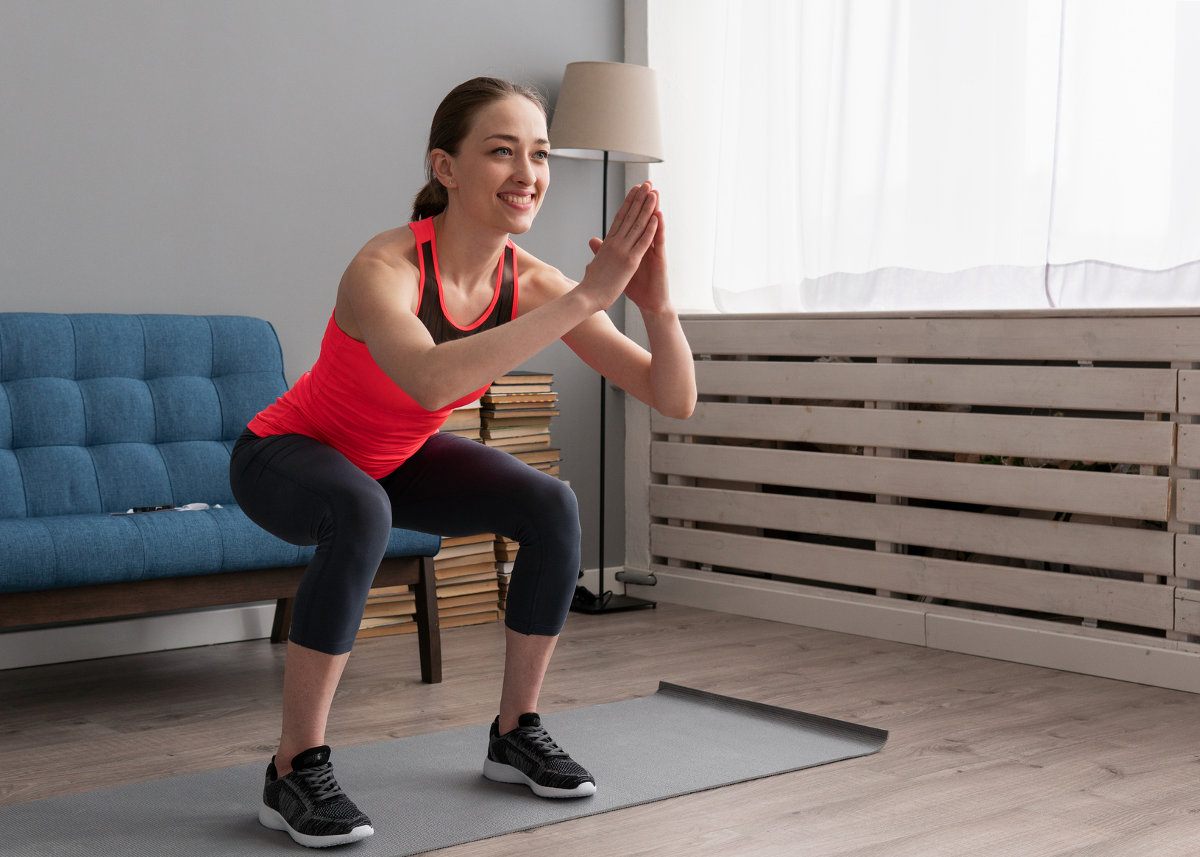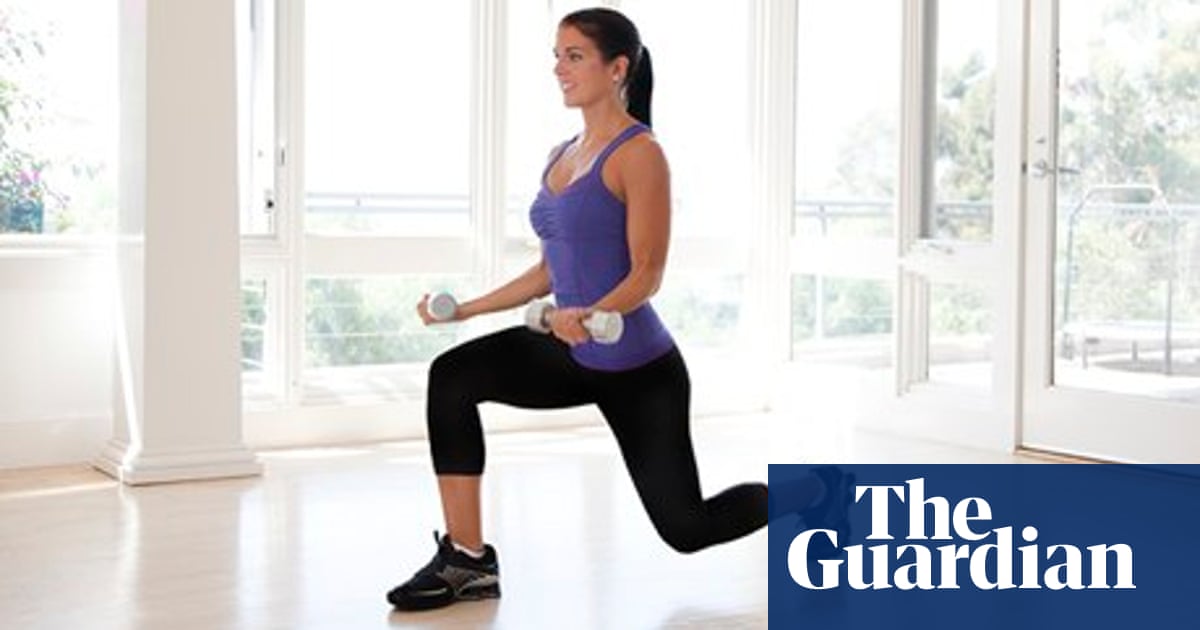
Here are some things that you should know about becoming a Florida personal trainer. First, you should know how much you can expect to make as an instructor in the Sunshine State. Floridians love to be outside. This is why many people want to get in shape and tone their bodies. A personal trainer can help clients develop a healthy diet and exercise plan.
Average salary of a personal trainer in Florida
Personal trainers assist individuals in improving their physical and emotional health. They can be professional athletes, or anyone who just wants to get in shape. They may be able to customize their training programs, build rapport with clients and provide fitness evaluations. They may earn anywhere from $23,000 to $72,000 annually.
Florida is a great place to become a personal coach. The state is famous for its beaches and lush forests, as well as the hard-core outdoor recreation. There are many personal trainers in the state, so a career here can be very lucrative. The state of Florida had 13,339 personal trainers as of 2014.

Your potential to earn
Florida's fitness market is growing and many people are searching for personal trainers. Florida has many opportunities for personal trainers, including jobs with health clubs, fitness centers, and studios. Personal trainers can teach classes for adults or work with people of different skill levels. Florida has many opportunities for athletes.
Personal trainers typically start as employees at commercial gyms, and they earn close to minimum wages. For a better income, personal trainers have to find clients or be assigned members. The average commission for personal trainers is between 30% and 60% of the client's session fee. However, these commissions could drop to 15% to 20% depending on the total amount a client pays per session.
Certificates
Fitness professionals have many certification options. Personal training is no exception. These certifications are required to be a certified personal trainer. This will enable you earn a lucrative and healthy salary. Florida's employers will prefer personal trainers that have at least a 4-year degree and a national certificate. These certifications can also provide access to professional development training, benefits, and even a retirement plan.
Personal trainers often work one-on-one with their clients, designing exercise routines that improve their overall health and motivation. They offer information on nutrition and weight management, as well other lifestyle and health issues. They may also be responsible for cleaning and maintaining equipment. Clients might also use them to sell memberships or other products.

Cost of living
Florida's average annual salary for a personal trainer is $51,728. The salary range is between $37.451 and $62,022. A Bachelor's Degree in Personal Training is the required level of education. ERI salary surveys provide the data for the salary data. Cost of living refers to the total cost of living. It includes food and transportation costs, as well as rent and utilities.
FAQ
What happens if I don't get enough sleep?
Your brain won't receive enough sleep if it doesn't get the signals it needs to regulate hormones, chemicals that regulate appetite and metabolism. As a result, you may overeat and gain weight. Overeating can also be caused by a lack of sleep.
Do I need to warm up before exercising?
Warming up before an activity reduces muscle soreness and improves performance. There are many methods you can use to warm up, including running, jumping rope and stretching. Start slow and slowly increase your pace.
What are Resistance Training Exercises?
Resistance training uses weights or other objects to perform certain movements. Lifting weights can strengthen your arms, shoulders and chest as well as your back, legs and core. Resistance training builds muscle mass, increases bone density, and promotes greater overall strength.
Why is physical fitness important for your health?
Physical fitness is extremely important for our health. For our health to be healthy, we need to exercise often. Exercise also helps us sleep better at night, reduces stress, improves self-esteem, and increases energy levels throughout the day.
Statistics
- Globally, 81% of adolescents aged 11-17 years were insufficiently physically active in 2016. (who.int)
- An estimated 110,000 deaths per year could be prevented (cdc.gov)
- In high-income countries, 26% of men and 35% of women were insufficiently physically active, as compared to 12% of men and 24% of women in low-income countries. (who.int)
- One study showed that adults who watch more than 4 hours of television daily had an 80% higher risk of death from cardiovascular disease. (heart.org)
External Links
How To
How to Stay Fit at Age 40
This article helps those over 40 to keep their body strong and healthy. This article will provide basic advice on eating right, exercising, sleeping well, and taking care of your mental health. This article contains tips and tricks to live longer, healthier lives.
-
You must eat right - When you want to keep fit, the first thing to do is to eat healthy foods. You should steer clear of processed food products, and eat whole grains and fruits, vegetables, lean proteins, fish, eggs, nuts, seeds, beans and legumes. If you don't like what you're eating, just add something else to your diet. You won't lose weight if you don't eat as much. Try adding small amounts of different foods to your daily meal. If you normally only eat chicken breasts, you might consider adding turkey to your weekly meals. Try rice occasionally if pasta is your favorite food. You can make these foods a regular part of your daily diet.
-
Exercise – Make sure you exercise at least 3x per week. Include cardio activities such walking, running swimming biking, cycling, and dancing. You should also ensure you get enough sleep. Sleeping for 8 hours per night is recommended. Drink plenty of water throughout the day. Drink 2 liters (0.5 gallon) of water each day.
-
Sleep Well - Proper sleep is crucial for staying healthy. The National Sleep Foundation says adults need at least 7-8 hours of sleep each night to maintain their physical and emotional health. Most people only get 6 hours sleep per night. If you find that you are constantly tired throughout the day, try making adjustments to your sleeping habits. To catch up on sleep, you can adjust your sleeping habits to get to bed earlier and wake up later. To help you relax and wind down, turn off your phone before you go to bed. Avoid caffeine after noon because it can cause insomnia.
-
Take Care of Your Mental Health. Taking care of yourself is key to maintaining a healthy body. Stressful situations can lead to poor eating habits and unhealthy lifestyle choices. Stress management techniques such meditation, yoga and breathing exercises are important. Spend one hour doing something you enjoy. This could be taking a stroll outside, reading a book or listening to music.
These four steps will ensure you live longer. These simple steps will allow you to reach your fitness goals.